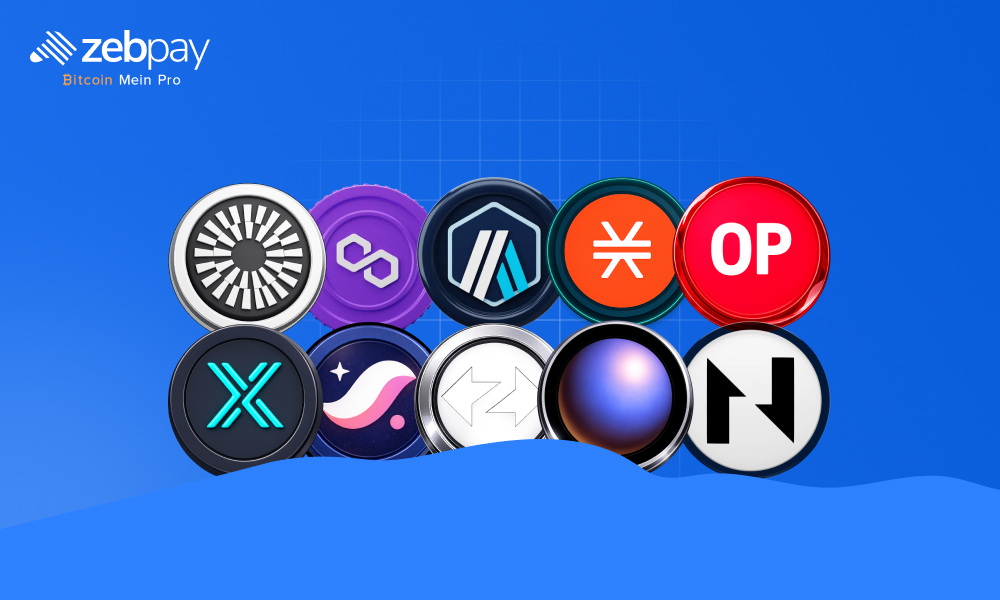Introduction to Polkadot Staking
Staking plays a crucial role in the Polkadot network, allowing participants to contribute to the security and validation of the blockchain while earning rewards in return. If you’re interested in staking your DOT tokens and want to learn how to do it, this guide will walk you through the process step by step.
Benefits of Staking DOT Tokens
Staking your DOT tokens has several benefits. First and foremost, by staking your tokens, you actively participate in securing the Polkadot network. Stakers are responsible for validating transactions and maintaining the integrity of the blockchain. In return for their contributions, stakers receive rewards in the form of additional DOT tokens.
Read more: What is Polkadot
Understanding Polkadot’s Proof-of-Stake (PoS) Mechanism
Polkadot utilizes a Proof-of-Stake (PoS) consensus algorithm, which differs from traditional Proof-of-Work (PoW) systems like Bitcoin. In PoS, validators are chosen based on the number of tokens they hold and are willing to “stake” as collateral. Staking contributes to the network’s security by ensuring that validators have a financial incentive not to act maliciously.
Read more: Proof of Work vs Proof of Stake
Requirements for Staking DOT Tokens
To start staking DOT tokens, you need to fulfil a few requirements. First, you must have a minimum amount of DOT tokens, which may vary from 1 DOT to 300 based on your nomination choice. Additionally, you’ll need to set up a Polkadot wallet, which will serve as your staking account. Make sure your DOT tokens are transferable and unlocked to facilitate the staking process.
Choosing a Staking Provider
When selecting a staking service provider, it’s crucial to do your research and choose a reputable one. Consider factors such as reliability, reputation, fees, and user experience. Look for providers that have a track record of securely managing staking operations and providing consistent rewards to their users. Polkadot also provides a native staking dashboard that can be used easily.
Setting Up and Configuring a Polkadot Staking Account

To create a staking account, follow these steps:
- Generate and store your account keys securely. These keys are essential for accessing and managing your staking account.
- Connect your staking account to the Polkadot network. This involves configuring your staking software or wallet to interact with the network.
Bonding and Nominating Validators
Validators play a crucial role in the Polkadot network by validating transactions and maintaining the blockchain’s security. To stake your DOT tokens, you’ll need to bond them and nominate validators. Bonding involves locking up your tokens as collateral while nominating allows you to choose the validators you trust to secure the network.
When selecting validators, consider their reputation, performance, and the rewards they offer. It’s often beneficial to diversify your nominations to mitigate risks and maximize your staking rewards.
Unbonding and Withdrawing Staked DOT Tokens
At times, you may need to unbond and withdraw your staked DOT tokens. This can happen due to various reasons, such as needing immediate access to your tokens or changing your staking strategy. Keep in mind that there is usually an unbonding period during which your tokens are not transferable. Be aware of any potential penalties associated with unbonding and plan accordingly.
Maximizing Rewards and Optimizing Staking Strategy
To maximize your staking rewards, consider the following strategies:
- Stay informed about the reward distribution and inflation rates on the network. This knowledge can help you make informed decisions about your staking preferences.
- Regularly re-evaluate and adjust your nomination preferences. As the network evolves, it’s essential to adapt your nominations to include reliable and high-performing validators.
Monitoring Staking Performance and Network Participation
To track your crypto staking rewards and performance, as well as stay updated on validator performance and network health, utilize staking analytics tools and platforms. These tools provide valuable insights into your staking activity, helping you make informed decisions about your staked tokens.
Risks and Considerations
While staking offers various benefits, it’s essential to be aware of the risks involved. Market fluctuations can affect the value of your staked tokens, potentially impacting your overall returns. Additionally, network upgrades and changes may require adjustments to your staking strategy. Practice due diligence, manage your risks, and stay informed to mitigate potential challenges.
Read more: Polkadot VS Solana
Staying Informed and Engaged in the Staking Community
To stay connected with the staking community and stay updated on network upgrades and developments, consider joining staking communities and forums. Participate in governance and decision-making processes to have a voice in the future of the network. Engaging with the community provides opportunities to learn from others and share experiences.
In conclusion, staking your DOT tokens in the Polkadot network offers a way to contribute to network security while earning rewards. By following this guide and actively participating in staking, you can play a crucial role in the growth and success of the Polkadot ecosystem. So, get started with staking and enjoy the benefits it brings!
You can read more about Crypto, Blockchain and Web 3.0 on ZebPay Blogs. Click on the button below and join the millions trading on ZebPay.







